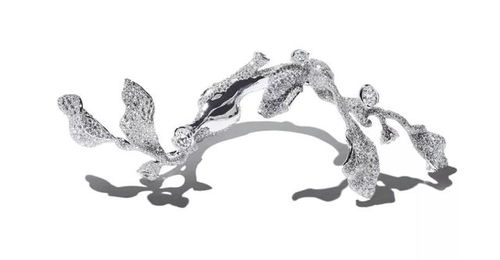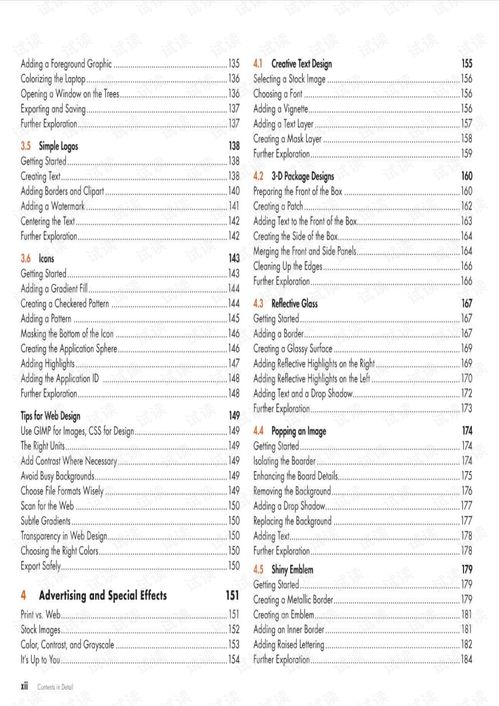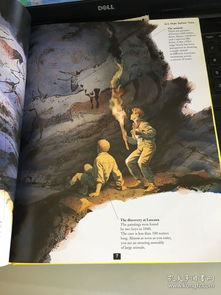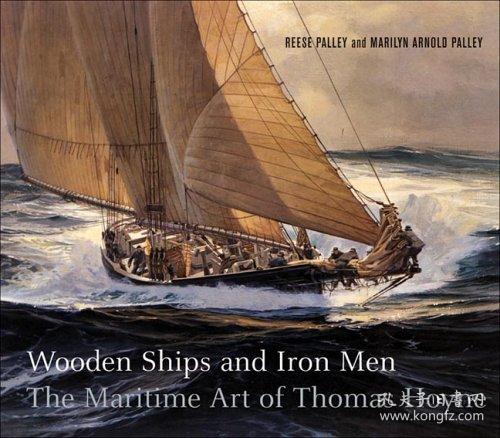Content:
Introduction: Fishing for large fish is a dream for many anglers. The thrill of the catch, the challenge of the battle, and the satisfaction of reeling in a trophy fish are experiences that every angler desires. However, catching large fish requires more than just luck; it demands skill, knowledge, and patience. In this article, we will discuss some essential tips and techniques to help you improve your chances of catching those elusive large fish.
Choose the Right Equipment: To successfully catch large fish, you need to have the right equipment. Here are some key components to consider:
a. Rod and Reel: Select a rod and reel that are specifically designed for catching large fish. Look for a rod with a strong backbone and a reel with a smooth drag system to handle the fight.
b. Line: Use a line that is strong enough to handle the size and strength of the fish you are targeting. Monofilament, fluorocarbon, and braided lines are all suitable options, but each has its advantages and disadvantages. Research the best line type for the species you are targeting.
c. Lures and Baits: Large fish require larger baits and lures. Invest in quality lures and baits that mimic the natural prey of the fish you are targeting. Live bait can also be effective, but it requires more patience and practice.
Understand the Behavior of Large Fish: To catch large fish, you need to understand their behavior and habits. Here are some key points to consider:
a. Habitat: Large fish often inhabit specific areas within a body of water. Research the preferred habitats of the fish you are targeting and focus your efforts in those areas.
b. Feeding Patterns: Large fish may be more active at certain times of the day or under specific conditions. Study the feeding patterns of the fish you are targeting and adjust your tactics accordingly.

c. Water Conditions: Large fish are often found in areas with optimal water conditions, such as clear, cool water. Pay attention to water temperature, clarity, and oxygen levels when selecting your fishing spots.
Patience and Persistence: Catching large fish requires patience and persistence. Here are some tips to help you stay focused and increase your chances of success:
a. Spend Time on the Water: The more time you spend fishing, the better your chances of catching large fish. Don't be afraid to spend a full day or even multiple days in a row targeting large fish.
b. Learn from Experience: Analyze your fishing trips and learn from your successes and failures. Keep a journal of your experiences, noting what worked and what didn't, so you can refine your techniques over time.
c. Adapt to Changing Conditions: Be flexible and willing to adapt your tactics as the conditions change. This may involve changing your location, lure selection, or even your approach to fishing.
Use the Right Techniques: Here are some effective techniques to help you catch large fish:
a. Cast with Precision: Large fish are often cautious and require precise casting. Work on your casting technique to ensure that your lure lands where you want it.
b. Work Your Lure: Whether you are using a lure or live bait, work it effectively to mimic the natural movement of the fish's prey. Vary your retrieve speed and technique to keep the fish interested.
c. Be Patient During the Fight: When you hook a large fish, be prepared for a long battle. Keep your composure, maintain a steady drag, and avoid making sudden movements that may spook the fish.
Conclusion: Catching large fish is a rewarding experience that requires skill, knowledge, and patience. By choosing the right equipment, understanding the behavior of the fish you are targeting, staying patient and persistent, and using effective techniques, you can increase your chances of reeling in a trophy fish. Remember, fishing is a journey, and each trip is an opportunity to learn and improve. With practice and dedication, you will become a master angler and enjoy the thrill of catching large fish.












